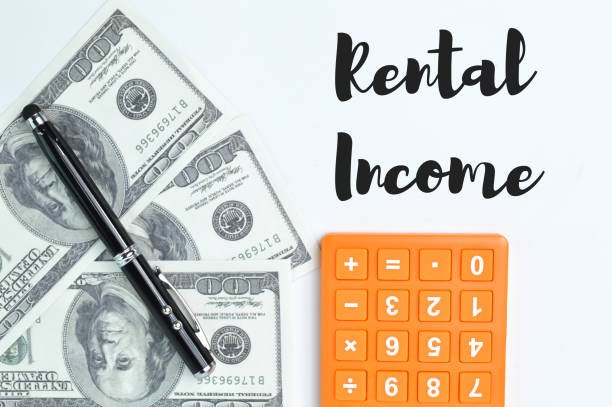Owning rental property in Canada can be a great way to generate passive income—but when tax season rolls around, understanding how CRA rental income works is critical. The Canada Revenue Agency (CRA) has specific guidelines for reporting rental income and expenses, and failing to comply can lead to penalties or audits. In this 2024 guide, we’ll walk you through what qualifies as rental income, allowable deductions, tax-saving strategies, and compliance tips so you can stay on the right side of the CRA.
What Counts as CRA Rental Income?
CRA rental income refers to the money you earn from tenants who rent your property—whether it’s a basement suite, apartment, house, or vacation rental. Even if you only rent out part of your home (like a single room), you are still required to report this income on your tax return.
Rental income must be reported annually using Form T776 (Statement of Real Estate Rentals). You’ll need to include:
- Gross rent received
- Advertising expenses
- Utilities, property taxes, and insurance costs
- Capital cost allowance (if applicable)
It’s important to note that even if your rental operation is at a loss, CRA still expects an accurate return.
Key Changes to Be Aware of in 2024
In 2024, CRA has reinforced certain auditing procedures and documentation standards. Here are some things to keep in mind:
- Digital Recordkeeping: The CRA increasingly expects digital receipts and ledgers.
- Short-Term Rentals: Platforms like Airbnb are under increased scrutiny. Hosts must now provide detailed records of nightly earnings.
- Principal Residence Rentals: Renting out part of your home may impact your principal residence exemption when selling.
Stay updated through the CRA website or by working with a tax professional who understands evolving requirements.
What Rental Expenses Can You Deduct?
One of the benefits of declaring rental income is being able to offset it with eligible expenses. The CRA allows landlords to deduct costs that are reasonable and necessary for earning rental income. These may include:
- Mortgage interest (not the principal)
- Repairs and maintenance
- Utilities and property taxes
- Insurance
- Advertising (for finding tenants)
- Property management fees
- Office supplies used for recordkeeping
- Depreciation (Capital Cost Allowance)
Keep a clear and detailed record of each expense, and always keep original receipts in case of an audit.
Capital Cost Allowance (CCA): Use It Wisely
Claiming CCA allows you to deduct the depreciation of your rental property over time. While this can lower your current tax bill, it also reduces your adjusted cost base—potentially increasing your capital gains tax when you sell.
Use this deduction strategically. Many landlords choose to delay claiming CCA unless absolutely necessary to reduce taxable income for that year.
Common Mistakes Landlords Make
- Failing to Report All Income: “Under the table” rent may seem harmless, but the CRA uses various methods to detect unreported income.
- Mixing Personal and Rental Expenses: Only expenses directly tied to your rental activities should be claimed.
- Inaccurate Pro-Rating: If you only rent part of your home, you can’t claim 100% of your expenses. Prorate based on the square footage or usage.
- Not Keeping Documentation: CRA requires proof of all expenses, ideally for 6 years.
Avoiding these errors can save you time, stress, and money.
When Should You Hire a Professional?
While many landlords file their own taxes, others benefit from professional help—especially if:
- You own multiple properties
- You have mixed-use properties (personal + rental)
- You plan to sell a rental property soon
- You’re unsure about deductions or recordkeeping
A seasoned tax advisor can ensure your return is compliant while maximizing your deductions.
Staying CRA-Compliant in 2024
Here are some practical tips:
- Keep a Digital Ledger: Track all rent received and expenses monthly.
- Scan Receipts: Use mobile apps or cloud storage.
- Separate Finances: Use a separate bank account and credit card for rental expenses.
- File on Time: Late filing comes with penalties and interest.
Conclusion: Maximize Returns, Minimize Headaches
Navigating CRA rental income in 2024 doesn’t have to be overwhelming. With the right knowledge and systems in place, you can confidently report income, claim deductions, and stay fully compliant. Whether you’re managing one unit or a portfolio of properties, proactive planning can lead to better financial outcomes.
If you want professional help navigating your CRA rental income, Tax Headaches is here to assist. Our team of experienced tax advisors specializes in helping Canadian landlords simplify their tax filing while minimizing stress. Visit us today and let us take the headache out of your taxes.
